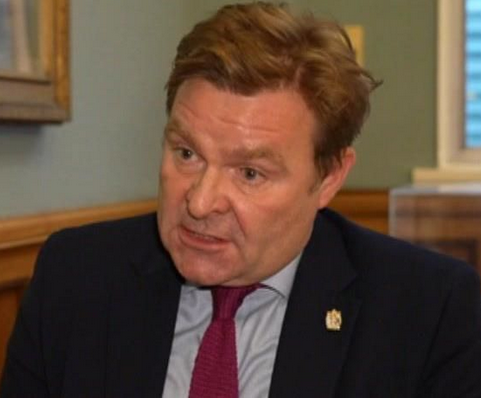Since their introduction to the UK market as an alternative to smoking tobacco almost 10 years ago there have been calls for e-cigarettes to be better regulated. More recently there has been a shift towards e-cigarettes being a means of helping to quit and smoking cessation, however research continues into their long term use and any associated health effects.
There has also been concerns about their growing popularity and whether they could be enticing a whole new generation of young people into taking up the habit.
Next month, on 1 October 2015, new legislation comes into force that will make it illegal for retailers to sell e-cigarettes and liquid refills to anyone under 18.
This means that anyone – including employees, managers or the business owner – who sells these products to an underage customer will face a criminal prosecution and a fine of up to £2,500.
Earlier this year Trading Standards officers conducted a survey where they visited a number retailers who sell e-cigarettes across Birmingham to see if customers under the age of 18 would be able to buy e-cigarettes and refills without being challenged.
Assisted by a teenage volunteer, officers found more than half of premises (57 per cent) where test purchases were attempted served the 13 year-old girl and less than a third asked her for ID.
None of the stores who sold to the volunteer asked any questions in an attempt to establish her age, one of which was a specialist e-cigarettes and refill liquids retailer.
As legislation was not yet in place, no enforcement action was taken against the stores that sold to the volunteer, however officers have written to all the stores visited during the survey to advise them about the new legislation and what their responsibilities are as a retailer when it comes into effect.
The new law will also make ‘proxy purchasing’ illegal, which means adults who buy or attempt to buy e-cigarettes or refill liquids for persons under 18 face receiving a £90 fixed penalty notice if caught doing so.
While it will be the purchaser not the retailer who faces a fine, retailers are urged to be aware of groups of children outside their premises, who may be asking adults to purchase age-restricted products on their behalf.
















